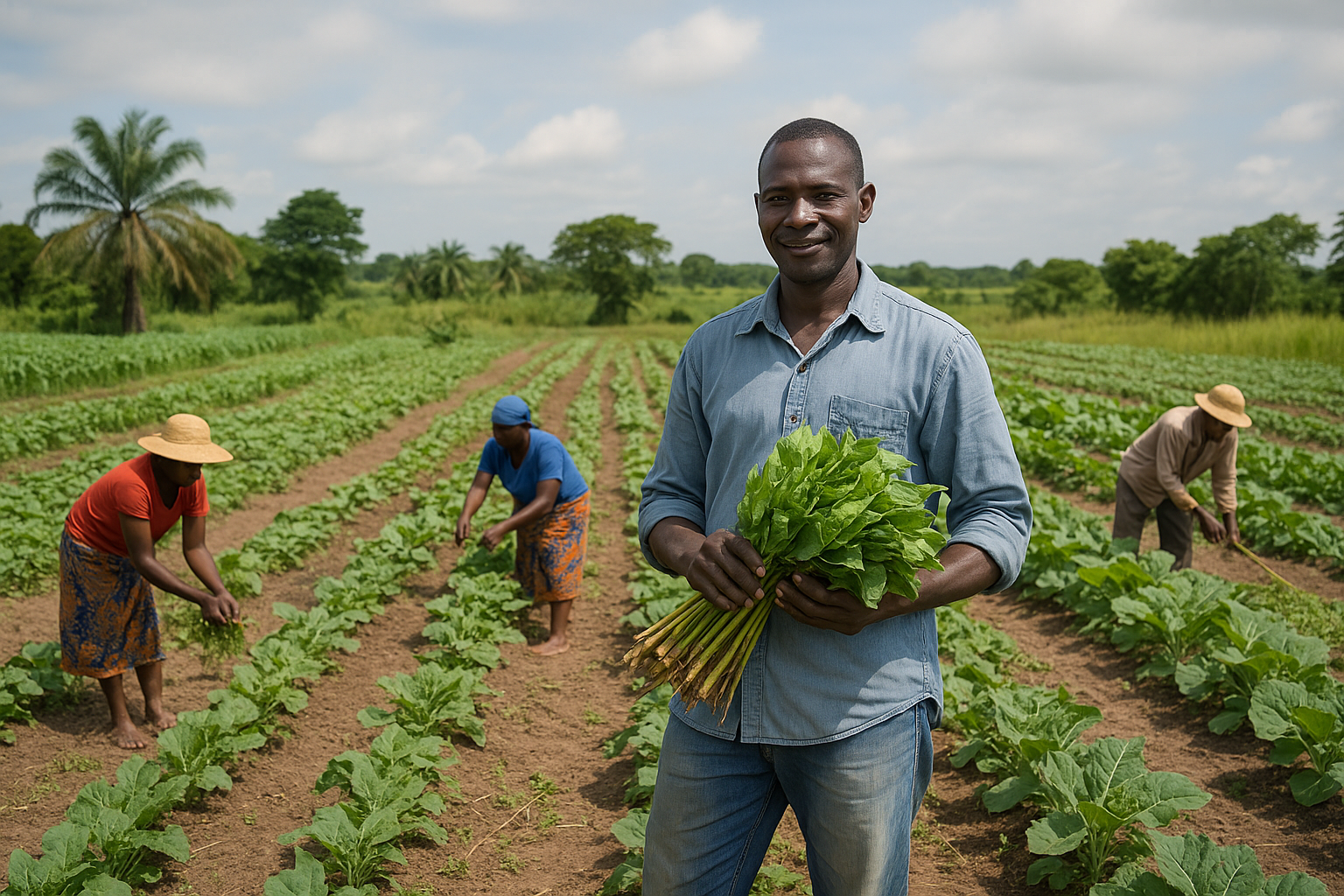Blended Finance Scheme Touted as ‘Game-Changer’ for Emerging Farmers
The Blended Finance Scheme is a partnership between the national Department of Agriculture, the Land Bank, ABSA, and other financial institutions.

- Country:
- South Africa
The Western Cape Government has hailed the Blended Finance Scheme for Agriculture as a transformative tool that could unlock the potential of emerging and smallholder farmers across South Africa.
Speaking at the Department of Agriculture’s Blended Finance Roadshow in Paarl on 9 September 2025, the province’s MEC for Agriculture, Economic Development and Tourism, Dr Ivan Meyer, described the model as a “game-changer” that merges government support with private sector financing to empower historically disadvantaged farmers.
Unlocking Opportunity Through Blended Finance
The Blended Finance Scheme is a partnership between the national Department of Agriculture, the Land Bank, ABSA, and other financial institutions. It aims to reduce financial risks for lenders while increasing access to capital for farmers who would otherwise struggle to secure funding.
The scheme targets historically disadvantaged individuals, including women, youth, and people with disabilities, with a focus on funding for:
-
Infrastructure development (such as irrigation systems, packhouses, and storage facilities).
-
Mechanisation to improve efficiency and productivity.
-
Value-adding enterprises, which help farmers move up the value chain.
“This model is about unlocking opportunity. It combines the strength of government grants with the discipline of private sector finance to empower our farmers to grow, compete, and thrive,” Meyer said.
A Milestone for Transformation
The roadshow was attended by over 250 farmers and stakeholders, including 122 farmers representing all eight districts of the Western Cape, commodity organisations, extension practitioners, and representatives from the private sector.
Dr Meyer said the initiative aligns with the province’s broader commitment to agricultural transformation, food security, and rural development.
“We are not just investing in farms; we are investing in people, in communities, and in the future of our province,” he stressed.
Showcasing Agricultural Strengths
The event also highlighted the province’s agricultural potential under the Agriculture and Agro-processing Master Plan (AAMP). Key commodities showcased included:
-
Deciduous fruit (a leading export sector for the Western Cape).
-
Wine grapes, central to South Africa’s global wine industry.
-
Citrus and grains, which support both domestic food security and exports.
-
Poultry and red meat, critical for rural livelihoods and national protein supply.
The roadshow featured a welcome address from Drakenstein Executive Mayor, Stephen Korabie, who underlined the municipality’s commitment to supporting agricultural development as a driver of jobs and economic growth.
Building an Inclusive Agricultural Sector
Meyer called on farmers to seize the opportunity, emphasising that the Blended Finance Scheme could help bridge the long-standing gap between emerging and established commercial farmers.
“This is your time. Let us walk this journey together – government, financiers, and farmers – to build a more inclusive, competitive, and sustainable agricultural sector,” he concluded.
Why It Matters
Agriculture remains a pillar of the Western Cape economy, accounting for significant employment, exports, and food production. Yet, access to finance has long been cited as a barrier to entry and growth for black smallholder farmers.
By sharing risks between the state and financial institutions, the scheme aims to unlock commercialisation pathways, support rural livelihoods, and ensure that new entrants can thrive in global markets.
The roadshow in Paarl marks a significant step in scaling the initiative nationally, with future roadshows expected across other provinces to educate farmers and mobilise partnerships.










